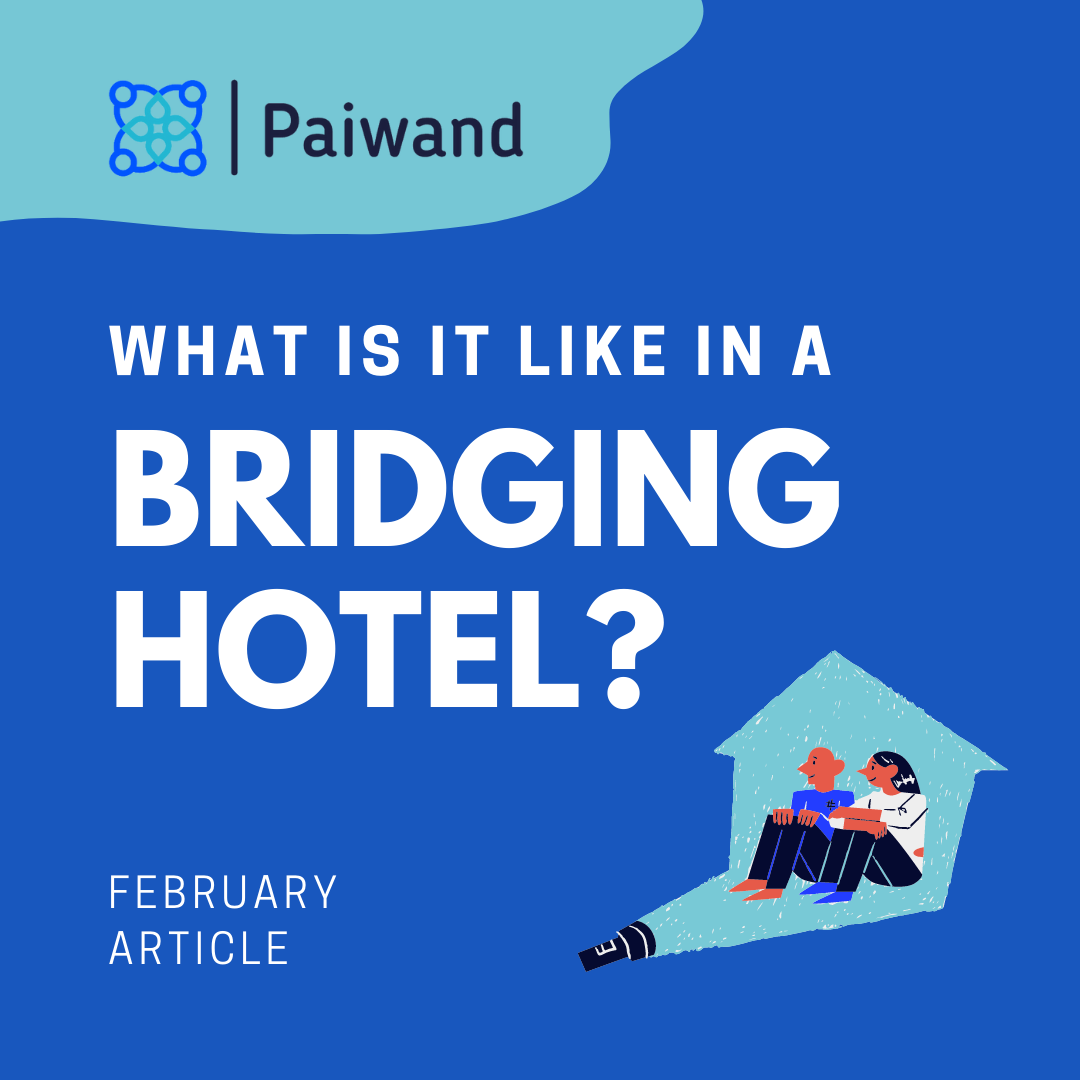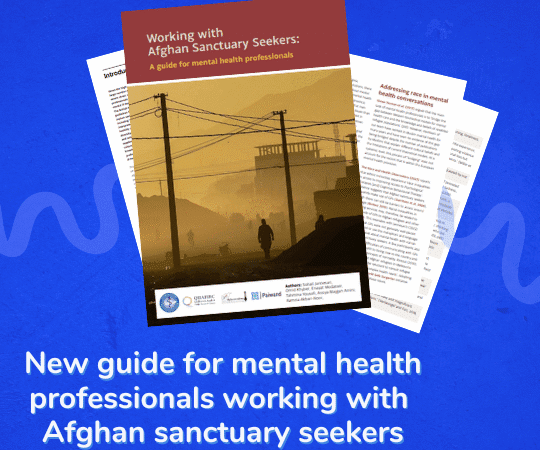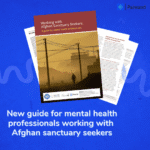What is it Like in a Bridging Hotel?

Finding Hope Between Worlds: How Paiwand Supports Afghan Refugees in London
For many refugees, fleeing their homeland is only the first hurdle. After escaping danger, they face the daunting challenge of starting over — learning a new language, finding housing and work, enrolling in school, and rebuilding their lives from nothing. For many, trauma from the past follows them into the uncertainty of the present.
Imagine arriving in a country where every voice around you sounds like static. You do not know where you are going or what lies ahead. You carry only your clothes, your memories, and your child, heavy with exhaustion. Hope and fear live side by side in your chest.
This is where Paiwand steps in. Since the fall of Afghanistan in 2021, Paiwand has been helping Afghan refugees rebuild their lives in the UK, including those housed in bridging hotels — temporary accommodation provided by the Home Office for families awaiting permanent homes.
At one such hotel in London, I met Ms. Palwasha Latif, a Senior Community Advocate at Paiwand. “Today’s a quiet day,” she says with a smile, explaining that many families have recently moved into new homes. A year ago, hundreds lived here; now, about seventy remain.
“Everyone is emotional when a family leaves,” she tells me. It is a moment of celebration and sadness — joy for those moving on, and tears for friendships formed and farewells said. Children who once played together in homework clubs and hallways promise to stay in touch, even as life pulls them in new directions.
Even on quieter days, Ms. Latif’s work is constant. That morning, she helped a family apply for new school placements near their future home. Later, she assisted another resident in booking a taxi and reading an email about a dental appointment.
“Filling out forms, using apps, understanding official letters — these are small things, but they matter,” she says.
Paiwand’s work stretches far beyond the walls of the hotel. The organisation helps refugees find homes, jobs, and schools; register with GPs and dentists; access immigration advice; and join youth and wellbeing programmes. From football clubs to counselling sessions, Paiwand’s services support both the practical and emotional recovery of those rebuilding their lives.
Mental health is particularly sensitive within the Afghan community, where stigma often prevents open discussion. “We have a counsellor who visits every week,” Ms. Latif explains. That counsellor, Ramzia Akbari, Paiwand’s Senior Mental Health Counsellor and Afghan Project Manager, offers therapy in Dari and Farsi, breaking down cultural and linguistic barriers that often stand in the way of healing.
When asked what has surprised her most about working with refugees, Ms. Latif pauses before saying, “When you work with refugees, nothing is surprising.” Starting over while still carrying the weight of one’s past, she adds, makes every step a challenge. Yet Paiwand helps transform these temporary spaces — these “bridging” hotels — into places of comfort and belonging.
As I left the hotel, I passed a father and son smiling as they walked toward the street, the boy pushing a small scooter. Watching them disappear into the bustle of London, I thought about the resilience it takes to find joy in the middle of uncertainty.
Through the quiet dedication of people like Ms. Latif and her colleagues at Paiwand, many Afghan refugees are finding not just a new country, but a new beginning — and with it, the hope of home once again.





